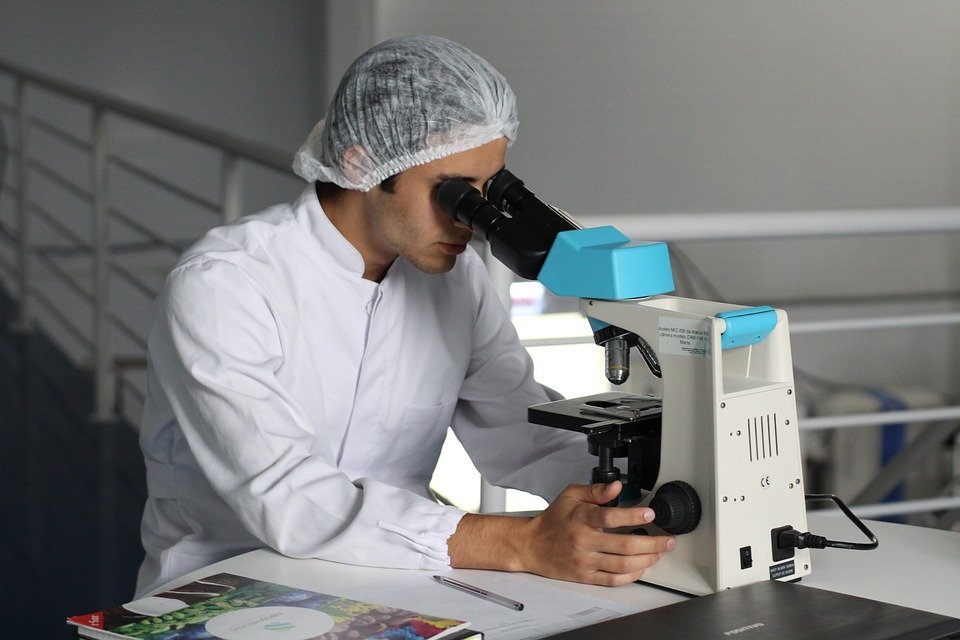ICGEB scientists identify key enzyme for biofuel production in fungal gene
June 01, 2017 | Thursday | News
The new fungal source Penicillium funiculosum could be a strong alternative in the industrial enzyme repertoire for biofuel production.
Scientists at New Delhi-based International Centre for Genetic Engineering and Biotechnology (ICGEB) have peered into a fungal gene to identify enzymes that break down cellulose into simple sugars. These ‘cellulolytic’ (cellulose breaking) enzymes obtained from a microbial source are in high demand in the biofuel production industry and are currently obtained from one industrial workhorse fungus.
The new fungal source Penicillium funiculosum could be a strong alternative in the industrial enzyme repertoire for biofuel production.
Dr Syed Shams Yazdani and his group from ICGEB’s microbial engineering department have found that P. funiculosum effectively produces the enzyme GH7 cellobiohydrolases (CBH1) – vital for the breakdown of cellulose – just as its fungal cousin Trichoderma reesei, which is mostly used in the industrial enzyme cocktails.
The scientists have published their work in the journal Biotechnology for Biofuels [Ogunmolu, F. E. et al. Comparative insights into the saccharification potentials of a relatively unexplored but robust Penicillium funiculosum glycoside hydrolase 7 cellobiohydrolase. Biotechnology for Biofuels 10:71 (2017) DOI: 10.1186/s13068-017-0752-x].
The biological conversion of cellulosic biomass to produce environment friendly fuels and chemicals is in demand and the conversion of lignocellulosic biomass to fermentable sugars is the most complex step. Enzymatic hydrolysis offers the potential for higher yield, higher selectivity, lower energy costs and milder operating conditions than chemical processes, the mechanism of enzymatic hydrolysis and the relationship between the substrate structure and function of components is not well known and limited success has been realized in maximizing sugar yields at very low cost. “Our innovation will provide detailed information for enzymes and its use for biomass hydrolysis and will provide sustainable solution to biofuel industries,” says Dr Syed Shams Yazdani, lead research scientist, also coordinator of the government-funded DBT-ICGEB Centre for Advanced Bioenergy Research (DICABeR).
DBT-ICGEB Centre for Advanced Bioenergy Research (DICABeR) is an integrated centre for performing cutting-edge basic research and its translation. It is a platform for the synthetic biologists to work in diverse bioenergy areas such as microbial engineering, biochemical engineering, algal engineering and systems biology.









